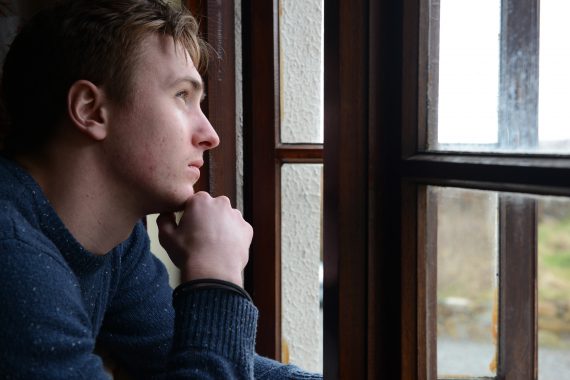GPs should pay more attention to gambling addiction as it turns out one in 20 patients may have a problem, researchers have suggested.
The statistic was derived by academics from the University of Bristol, the University of York and the Australian National University, after surveying over 1,000 patients in 11 GP surgeries in Bristol.
The study, funded by the NIHR School for Primary Care Research (SPCR) and published in the British Journal of General Practice, saw patients completing anonymous questionnaires that included questions about their mental health and possible addictive behaviours, such as drug or alcohol use.
It found that gambling problems were higher among young males aged 16-24, young adults, people who used drugs, had problems with alcohol and among those who suffered with depression.
Less than 1% of patients surveyed reported having a severe gambling problem, with 4.5% reporting low to moderately severe gambling problems. Some 7% of patients reported gambling problems amongst their family members.
The study also found that gambling problems are associated with repeated use of healthcare services, with problem gamblers being twice as likely to consult their GP for mental health concerns.
People with gambling problems were also five times as likely to be hospital inpatients, and eight times more likely to access psychological counselling, when compared with people with no such issues.
Dr Sean Cowlishaw, research fellow at the Centre for Academic Primary Care at the University of Bristol, said: ‘Gambling is emerging as a public health issue in the UK but it is poorly researched. There is very little independent data available and none at all on how many people presenting to GPs have a problem.
‘In this study we wanted to measure the extent of the problem and identify who is most vulnerable so that we can start to think about how primary care services – GPs and others providing healthcare in the community – might be able to help.
‘This could include training and support for GPs so that they can identify patients with problems and signpost them to specialist services.’
Pulse October survey
Take our July 2025 survey to potentially win £1.000 worth of tokens













